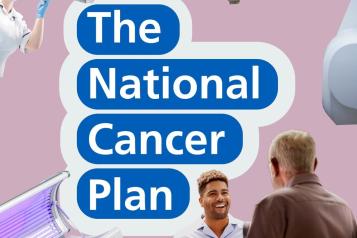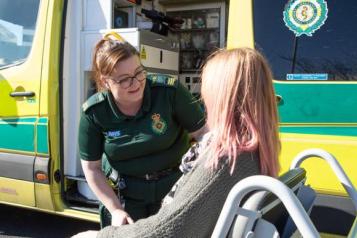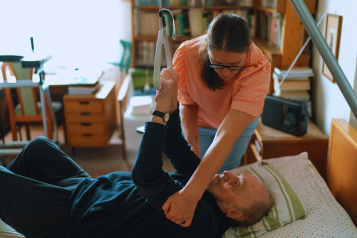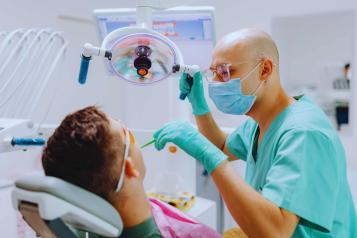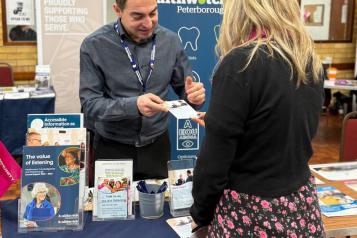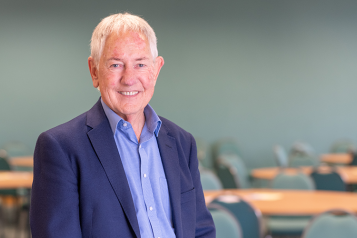
It is with great sadness that we share the news that our former Chair, Stewart Francis, passed away on Boxing Day at Sue Ryder Thorpe Hall Hospice.
Stewart stepped away from his role as Chair of Healthwatch Cambridgeshire and Peterborough in early 2025 due to health reasons. His decision was taken with characteristic thoughtfulness and integrity, always placing the needs of the organisation and the people it serves first.
During his time with Healthwatch Cambridgeshire and Peterborough, Stewart was a deeply respected and valued leader. He brought clarity, compassion, and a strong sense of purpose to the role, championing the importance of listening to people’s experiences of health and care services and ensuring those voices were heard where it mattered most.
Stewart was known for his calm and considered approach, his commitment to good governance, and his unwavering belief in the value of community voice. He supported staff and volunteers alike, encouraging challenge, collaboration, and integrity in all that we did.
We are immensely grateful for the time, energy, and wisdom Stewart gave to Healthwatch Cambridgeshire and Peterborough. His contribution has left a lasting legacy, and he will be remembered with great respect and affection by all who had the privilege of working with him.
Our thoughts are with Stewart’s family, friends, and loved ones at this difficult time.

